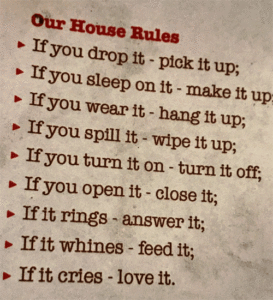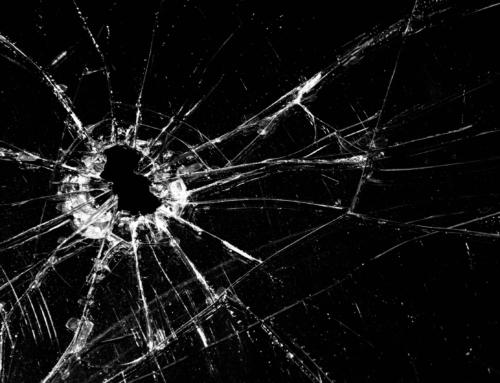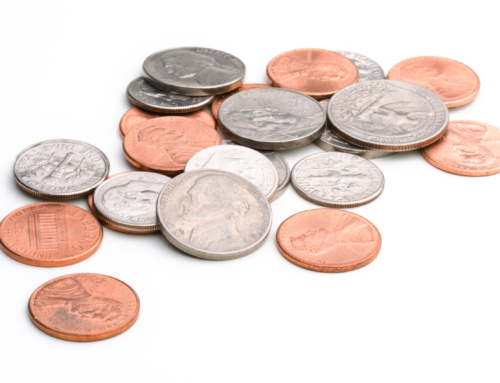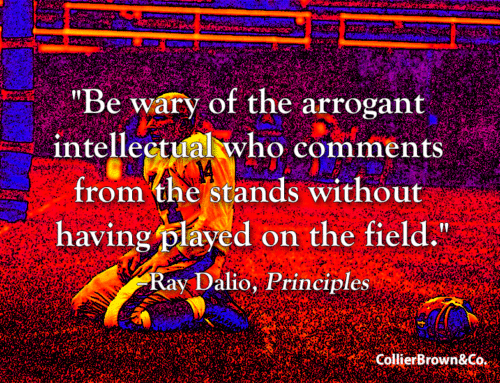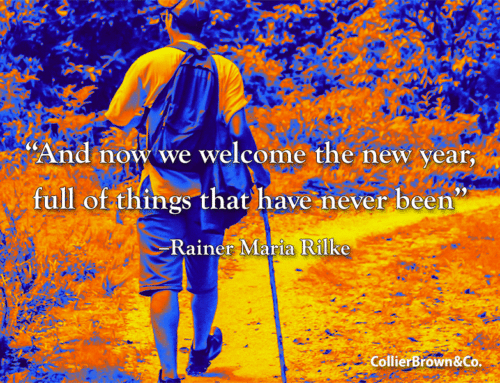I was recently in the home of friends who have a LARGE family. How large? Large enough to field almost any sports team from their ranks; large enough to be lovingly referred to as “the swarm”; large enough to make me – the youngest of two children – take notice of all the “activity”. Yet, life is amazingly not-chaotic in this family. In fact, it is warm, well ordered and comfortable – if a bit busy.
When I joked about “the rules around here” I was shown a note on the refrigerator door:
Hmmmm, so why do we have rules anyway? For this family the answer involves:
- Consistency – “This is how we do certain things.”
- Expectations – Each individual and the family at large has a set of common expectations of one another. Let’s note that one important way to build trust is to make and keep promises; set expectations and then deliver on them and trust levels tend to increase.
- Boundaries – Helps members define themselves as a person (rather than simply as part of the group or family) and can help them decide what they will and will not hold themselves responsible for.
- Order – In a similar fashion to the way “Robert’s Rules of Order” provides common procedures for deliberation and debate in order to place the whole of a meeting or convention membership on the same footing and speaking the same language.
- Protection – Sometimes the weak need protection from the strong, the small from the large, the individual from the group, and so on. Also, vice versa.
- A moral code – They have clear guidelines on what is “right” and what is “wrong” behavior.
All of us want our own way on things, but that’s just not possible. We need rules and laws to guide and regulate the actives of ourselves and other people. Rules (laws) are meant to be supreme over citizens, communities, institutions and those in authority in society in order to provide that guidance and protect its members.
Without rules we would be left with the – sometimes brutal – forces of nature, including the force of might, to determine right, wrong, or next. Whether mighty or weak, rich or poor, healthy or sick, we are human. Humans have real and pressing, yet often unrealized, biases. We can be passionate about our (cognitive) biases. Think of biases as the tendency to make decisions and take action based on limited acquisition or processing of information, or on self-interest, overconfidence, or attachment to past experience. Chief among those biases is the need to protect our own self interests ahead of those of others.
This whole thing is a lot like why we have manners: it’s simply too much effort to work out the “rules” by which we can interact every time we meet someone.
Also, rules are better than pitched battles about every disagreement.
In Other Words…
“In individuals, insanity is rare; but in groups, parties, nations and epochs, it is the rule.” ― Friedrich Nietzsche
“Learn the rules like a pro, so you can break them like an artist.” ― Pablo Picasso
“A prude is a person who thinks that his own rules of propriety are natural laws.” ― Robert A. Heinlein
“The rules of capitalization are so unfair to words in the middle of a sentence.” ― John Green, Paper Towns
In The Word…
“But it is easier for heaven and earth to pass away than for one dot of the Law to become void.” – Luke 16:17
